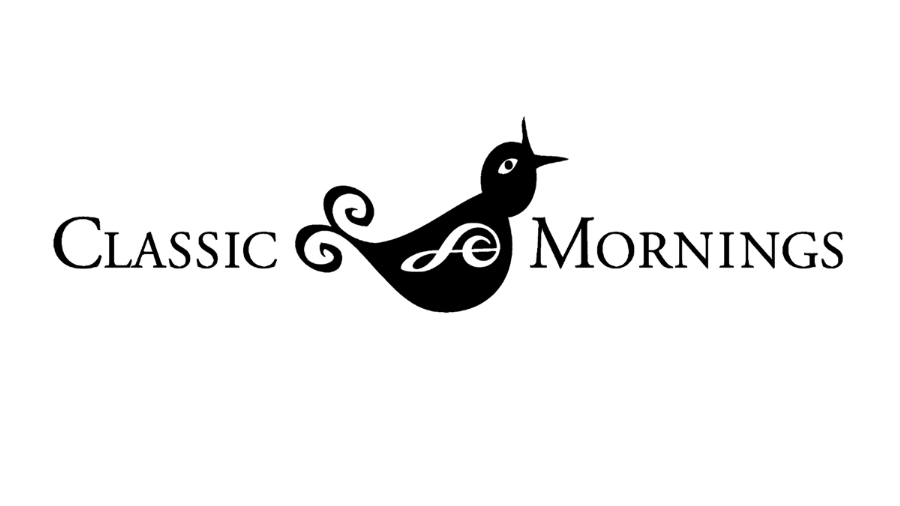Courting Arrangements

It’s about time! With the celebration of Beethoven’s 250th birthday anniversary in 2020, and all the studio and concert recordings that extended the celebration, I remember thnking: “How nice it would be to have another orchestral work by the composer.” And while hoping for the discovery of a lost Beethoven manuscript, The Knights came through.
The Knights is a New-York based ensemble. They’ve brought us “The Kreutzer Concerto.” It’s not a new composition. It’s an orchestration of Beethoven’s Sonata No. 9 for Violin and Piano, op. 47, which was dedicated to the French violinist and composer Rodolphe Kreutzer. Though he never played the work, it came to be known as the “Kreutzer Sonata.”
Russian author Leo Tolstoy wrote a novella titled The Kreutzer Sonata, with the Beethoven chamber work serving as a part of the narrative “soundtrack.” And Czech composer Leoš Janáček wrote a string quartet inspired by Tolstoy. It’s subtitled “The Kreutzer Sonata.”
The Knights recently released a recording called “The Kreutzer Project.” (Avie 2555) They explain that the sonata, written in 1803, includes an inscription: “written in molto concertante style,” or, like a concerto. That gave them the idea to transform it into a violin concerto. Violinist, composer and concertmaster Colin Jacobsen orchestrated the work. His brother, Eric Jacobsen, is the conductor and music director of The Knights. I was excited about the opening movement of the “Concerto,” and played it on Classic Mornings.
The German recorder player Max Volbers has been searching for music from well before Beethoven’s time, in an attempt to expand the repertoire of his instrument. A fan of 17th & 18th centurty music, he reminds us that transcriptions, parodies, paraphrases and improvisations on existing material were common back then. A significant portion of the recorder repertoire of the 18th century consists of pieces for violin or transverse flute, which the composers specified could be played on the recorder. Publishers also adapted or arranged for the recorder entire collections of works by composers
On a new CD titled Whispers of Tradition (Genuin 22804), Volbers has brought together a number of players to assist him in presenting his arrangements. He admits that the selections on the new collection are adaptations, though one could also say “shamelessly stolen,” he adds.
Volbers had a little help in arranging a Vivaldi concerto on the recording. According to the manuscript, the composer originally intended the Concerto in G major, RV 312 for the recorder. He then changed his mind and crossed out “recorder” on the title page, in favor of “violin.” Vivaldi wrote the first half of the opening movement for recorder, before switching to violin writing. Volbers notes that a French musicologist already made a recorder version. But Volbers chose to make his own, including solo passages that don’t rely entirely upon those written by Vivaldi for the violin. It’s Vivaldi-esque, according to Volbers, rather than authentic Vivaldi. He admits that Vivaldi’s recorder concertos are difficult. And using those as a model, he didn’t arrange an easy way out with his version.
Last year marked the bicentennial of the birth of the Swiss-born composer Giuliano Regondi, who played both the guitar and the concertina. American guitarist David Starobin doesn’t play the concertina. But on a new recording, which he calls A 200th Birthday Bouquet (Bridge 9585), he includes, in addition to some of the composer’s guitar music, his own transcriptions for the guitar of etudes (studies) that Regondi wrote for the concertina.
2022 also marked the 50th anniversary of the passing of pianist Victor Babin. He and Vitya Vronsky were a piano duo for 35 years. Both were born in Russia, and studied with pianist Artur Schnabel in Berlin, where they met in 1933. They emigrated to the United States a few years later, and made their debut as a piano duo in 1937.
Babin had studied composition as well. He wrote and arranged works for the two of them to perform. Some of those arrangements re-appeared just last year. One of Babin’s students presented them to the piano duo known as TWO4PIANO (Katerina Moskaleva and Alexey Pudinov), during a U.S. concert tour. The pianists included them on a recent recording: Hommage à Babin (Naxos 8.551462).
When it comes to arrangements and transcriptions, a question that often comes to mind is whether they do justice to the originals. I had been thinking about that a few weeks ago, while preparing to play Michala Petri’s recorder version of an oboe concerto by Tomaso Albinoni. I just happened to look closely at the CD notes. What a surprise to learn that it was recorded in Padova, Italy at the Palace of Justice.
It’s only fair that I invite you to join us for Classic Mornings. Tune in Monday through Friday from 9-noon on FM 90.9 or online at will.illiinois.edu.
